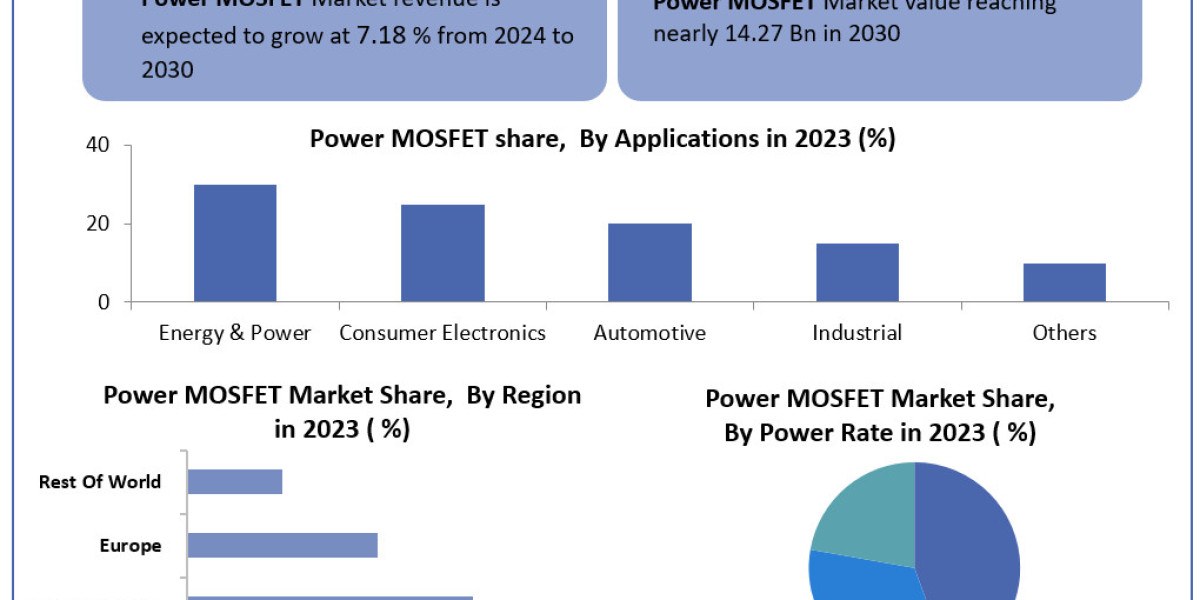The gambling industry has evolved immensely over the years, with the advent of digital advertising transforming how betting and casino companies reach potential players. Gambling adverts, now more sophisticated and data-driven than ever, play a crucial role in the industry’s expansion and user engagement. This article explores the trends, innovations, and ethical concerns surrounding gambling adverts and their significance in today’s digital landscape.
Introduction to Gambling Adverts in the Digital Age
Gambling adverts, which include promotions for online casinos, sports betting, and other betting activities, have become a core strategy for gambling companies to reach global audiences. Through digital platforms, companies can create engaging ads that attract players, retain existing users, and boost brand recognition. However, with these benefits come challenges, such as ensuring responsible advertising and complying with regulations in various markets.
Evolution of Gambling Advertisements
The history of gambling advertisements has evolved alongside technological advancements. In the past, gambling ads were primarily limited to physical billboards, television commercials, and radio spots. The rise of the internet introduced banner ads and email campaigns, which provided broader reach. Today, online casinos and sports betting platforms leverage social media, streaming platforms, and programmatic advertising to connect with users more precisely.
With the shift to mobile gaming and online gambling, the competition among gambling platforms has intensified. This transformation has led to the emergence of sophisticated ad formats, powered by data-driven insights and new technologies.
Key Trends in Gambling Adverts
Personalization and Targeted Ads
One of the most significant trends in gambling adverts is personalization. Companies use data to understand users’ preferences, interests, and behaviors to deliver highly relevant ads. For example, ads gambling platforms employ predictive analytics to show players the types of games they are likely to enjoy or present betting ads based on past engagement with certain sports events.
Personalized gambling adverts increase engagement rates and enhance user experience, as potential players are more likely to interact with ads that align with their preferences.
Programmatic Advertising
Programmatic advertising has become a game-changer for gambling advertisements. This automated approach to ad buying uses algorithms and real-time data to purchase ad space on digital platforms. For gambling companies, programmatic advertising allows for precise targeting, maximizing ad spending efficiency and enhancing reach.
With programmatic advertising, gambling companies can reach audiences across various digital channels, including social media, websites, and streaming platforms, allowing for maximum exposure.
Native Advertising for Betting Platforms
Native advertising, where ads blend seamlessly with the content of a platform, has gained traction in the gambling industry. This approach allows betting ads to appear as natural content on popular websites, blogs, or social media feeds. For instance, a betting ad for a major sporting event might be embedded within a sports article, making it appear more engaging and less intrusive.
Native ads are particularly effective for gambling companies as they generate higher click-through rates compared to traditional banner ads, thereby increasing engagement and conversions.
The Rise of Video Ads
Video advertising is becoming a dominant force in the gambling sector. Platforms such as YouTube, Twitch, and even TikTok have opened new avenues for video-based gambling adverts. These ads are visually engaging, enabling companies to showcase real-time betting odds, highlights, and game previews, providing a more interactive experience for viewers.
Interactive video ads also allow users to click on the video to visit the betting site, streamlining the path to conversion. Video ads help gambling companies capture attention and build brand awareness effectively, especially during major sports events like the World Cup or Super Bowl.
Innovations in Gambling Advertising
AI and Machine Learning
Artificial intelligence (AI) and machine learning play an increasingly important role in optimizing gambling adverts. These technologies allow companies to analyze user behavior patterns and create highly targeted ads. AI-driven ad platforms can predict the best time to display ads, select optimal ad formats, and personalize messaging to appeal to individual users.
Machine learning algorithms also enable ads gambling platforms to continually improve their campaigns based on real-time performance data, ultimately increasing conversion rates and enhancing return on investment (ROI).
VR and AR Integration in Casino Ads
Virtual reality (VR) and augmented reality (AR) have opened new opportunities for innovative casino ads. Some online casinos are experimenting with VR environments where players can explore virtual casinos, interact with other players, and experience games in a simulated casino atmosphere. Meanwhile, AR can be used in mobile ads to provide an immersive gaming preview.
For instance, an ad casino might offer a 360-degree view of a slot machine game or a blackjack table, allowing potential players to try the experience before they commit. VR and AR are set to revolutionize gambling advertisements, creating a more immersive and memorable experience for users.
Influencer and Social Media Marketing
Influencer marketing has become a powerful tool for promoting gambling platforms, especially on social media platforms. Influencers who focus on gaming, sports, or lifestyle content often collaborate with gambling companies to promote their platforms or events. This approach helps gambling brands reach new audiences in an authentic and relatable way.
For instance, an influencer may promote a betting ad for a sports event or demonstrate casino games, encouraging followers to participate. Social media campaigns have the potential to attract a younger demographic and build brand loyalty through trusted voices.
Ethical and Regulatory Considerations
While gambling adverts have proven effective in driving revenue and engagement, they have also faced criticism for targeting vulnerable individuals. Many governments and regulatory bodies have established guidelines to ensure responsible advertising. These guidelines often include age restrictions, warnings about potential risks, and limitations on when and where gambling ads can be displayed.
Regulations vary significantly by country; for instance, the UK has strict guidelines on gambling advertisements, while the US regulations differ by state. Compliance is crucial for gambling companies to avoid fines and protect their reputation. Additionally, the industry must focus on ethical advertising practices, ensuring that ads do not encourage excessive gambling or target underage audiences.
Future of Gambling Adverts
The future of gambling adverts will likely see continued innovation driven by technology and shifting consumer preferences. As AR, VR, and AI become more advanced, gambling adverts will become more immersive and personalized, offering interactive experiences tailored to individual players.
Additionally, data privacy regulations may impact how gambling companies collect and use customer data for ads. However, companies that adapt to regulatory changes while embracing new technologies will be well-positioned to thrive in the evolving digital advertising landscape.
Conclusion
Gambling adverts play a significant role in the success of online casinos and sports betting ads platforms in the digital age. Through advancements in AI, programmatic advertising, and immersive technologies like AR and VR, these adverts are becoming more engaging, targeted, and effective. However, the industry must navigate ethical and regulatory challenges to ensure responsible advertising practices.
As the digital advertising landscape evolves, gambling companies that invest in innovative, compliant advertising strategies will continue to attract new players and maintain a competitive edge in the market.
FAQs: Frequently Asked Questions
What are gambling adverts?
Ans.Gambling adverts refer to advertisements promoting gambling-related activities, including online casinos, sports betting, and other betting platforms. These ads are designed to attract potential players and encourage them to engage with gambling services.
How does personalization work in gambling advertisements?
Ans.Personalization in gambling adverts involves using data and analytics to target users based on their interests, behavior, and past interactions with gambling platforms. This approach aims to make ads more relevant and appealing to individual users.
What is programmatic advertising in gambling?
Ans.Advertising is an automated ad-buying method that uses algorithms and data to purchase ad space in real-time. For gambling companies, it allows for precise targeting across various digital platforms, maximizing the effectiveness of their ads.
Are there ethical concerns with gambling advertisements?
Ans.Yes, ethical concerns include ensuring that gambling adverts do not target vulnerable individuals, especially minors. Regulatory guidelines require gambling ads to follow responsible advertising practices to minimize the risk of problem gambling.
How might VR and AR change gambling adverts?
Ans.Virtual reality and augmented reality can make gambling adverts more interactive and immersive. For example, VR can create virtual casino environments, while AR can provide game previews, offering users a more engaging ad experience.
What impact do regulations have on gambling adverts?
Ans.Regulations help control how and where gambling adverts can be displayed to protect vulnerable audiences. Failure to comply with these regulations can result in fines and other penalties for gambling companies.







